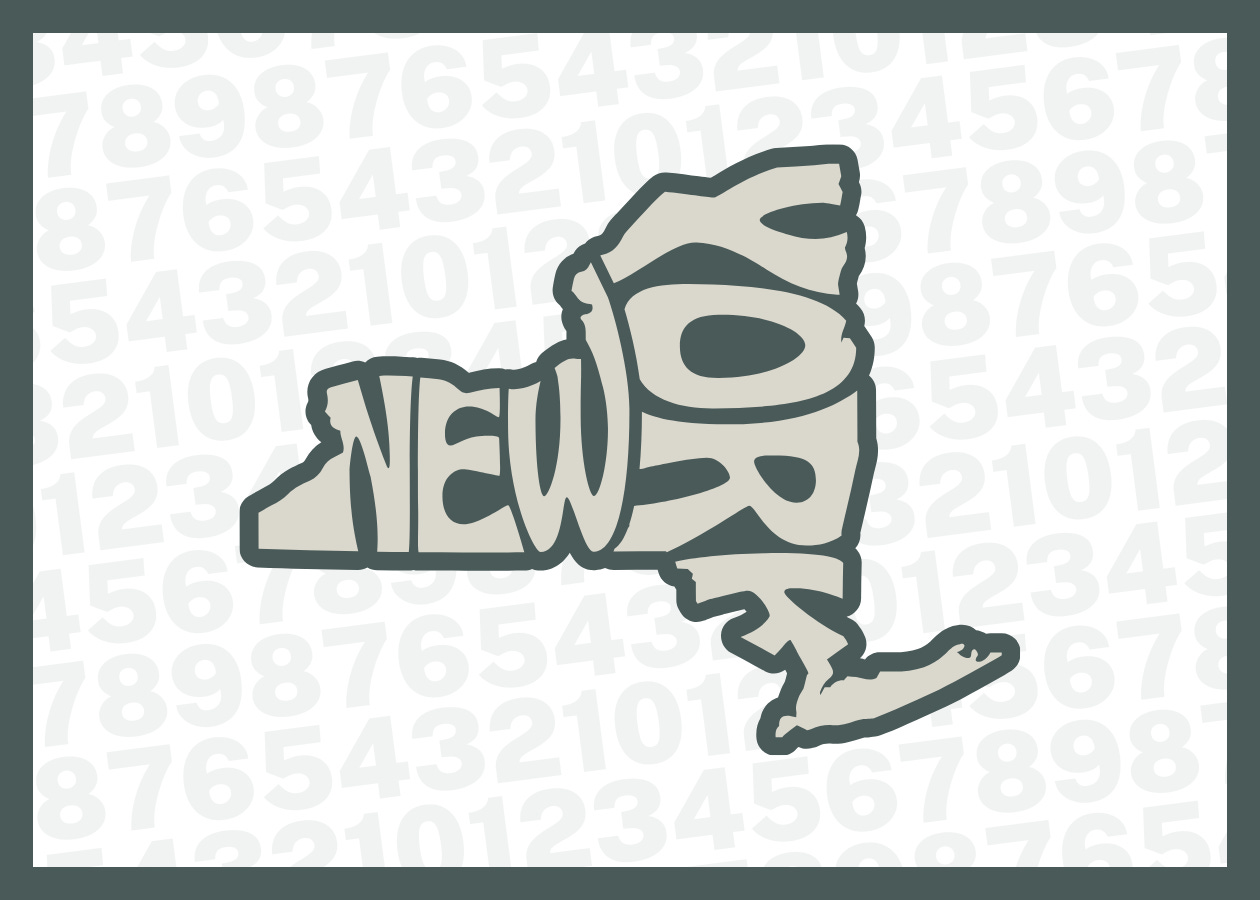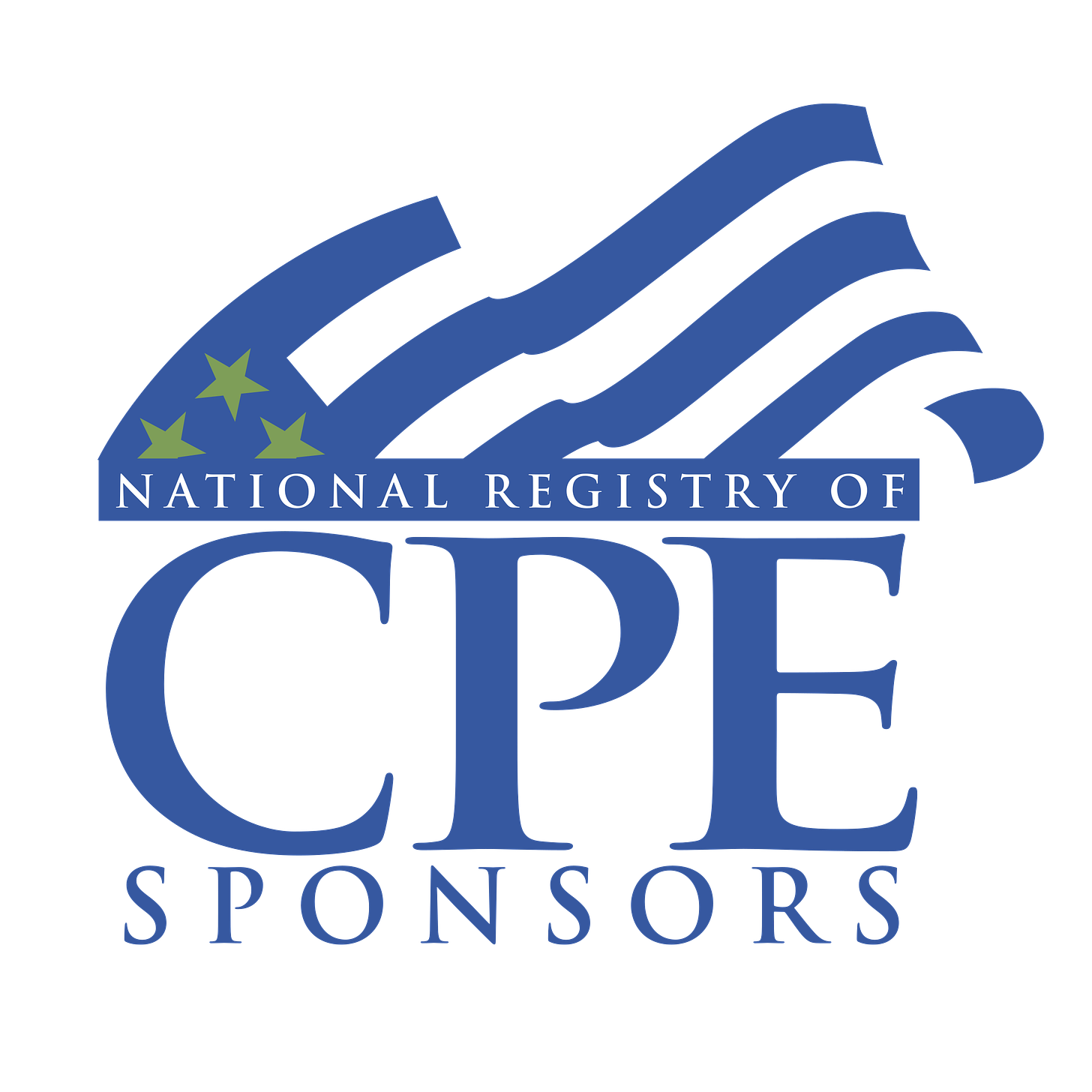You Got Your New York CPA License. Now What?
This post is for NY CPAs who received their license after January 2009.
This article should be helpful for anyone who received their NY CPA license after January 2009, even if you have already renewed your license. If you want to see an article covering continuing education for licensees in their second, third, etc. renewal period, send me an email at lance@count.education.
Intro
Congratulations, you just got your CPA license! You’re probably wondering what’s next. Well…
You need to start thinking about meeting your continuing education requirement.
Mandatory Continuing Education
First, when you get your CPA license, you have it for three years. This is called the triennial registration period. You have to renew it when this period is up.
To renew the license, you must meet the mandatory continuing education requirement (sometimes you’ll see this called MCE or CPE). The requirement is that during the three years before your renewal, you have to go to classes. And you have to go to a certain number of classes by the end of each calendar year.
Simple enough, right?
The only question is how many classes do you take and from whom? We’ll answer the second part later. For now, let’s take care of the first part.
How Many Classes Do I Have To Take?
The simple answer is that it depends. You can choose (depending on what type of Accounting work you do). But the simple answer is that the rule states that you need 24 hours if you take classes concentrated in one recognized area of study (§ 70.9.b.2.ii.) and 40 hours if you take courses in a bunch of different recognized areas of study (§ 70.9.b.2.i).1 Here comes the twist.
The 24 hours of classes concentrated in one recognized area of study could be 20 hours in one subject and 4 in something else. The same goes if you choose the 40 hours in many recognized areas of study.
That “something else” is very particular.
The 4 hours need to be in professional ethics (§ 70.9.b.5).
That professional ethics class must be with a NYS-approved provider. No IFs, ANDs, or 🍑’s.
It’s also important to note that an hour doesn’t mean what you think it means. An hour is typically 60 minutes, but when it comes to continuing education, an hour is short for “contact hour” and measured in 50-minute increments (§ 70.9.d). The place you get credit from will tell you how many anticipated credits you are getting, but you should also be mindful of how much time you spend in the class.
What Subjects Can I Take Classes In?
New York State has a list of approved areas of study. You can find the approved areas of study by looking at #16 at this link (here) or (§ 70.9.b.2.i and § 70.9.b.2.ii.).
In general, the categories are:
Accounting
Attest
Auditing
Taxation
Advisory Services
Specialized Knowledge and Applications Related to Specialized Industries
Professional Ethics
Other areas appropriately related to the practice of accounting as may be acceptable to the Department
Who Can I Take Classes From?
The best way to understand how to answer this question is to say:
“What types of classes does the New York State Department of Education consider eligible programs/acceptable formal continuing education?”
Well, I’m glad you asked!
Acceptable formal continuing education means programs of learning which:
Contribute to professional practice,
Maintain or increase professional knowledge and
Meets the requirements of the “Regulations of the Commissioner” under the subdivision “Eligible Programs.”
These are conducted by sponsors approved by the New York State Board of Education in the abovementioned subjects.
Sound good?
The types of classes (formal programs) which may get accepted - other than the ones conducted by sponsors approved by the New York State Board of Education include:
College Courses: courses taken for academic credit at a regionally accredited college or university, as reflected on an official transcript, and that fall within one or more of the recognized subject areas (§ 70.9.c.2.i)
Other Courses: other organized educational and technical programs which contribute to growth in the professional knowledge and professional competence of the licensee and meet standards approved by the Department (§ 70.9.c.2.ii)
Courses offered by sponsors approved by the National Association of State Boards of Accountancy are eligible, too. They usually have this logo (Figure 1.) either on the page where you register for the course, their emails confirming your registration, or at the bottom of their website:
HOWEVER, remember, the professional ethics class must be with a NYS-approved provider. From that standpoint, that little sticker above doesn’t mean a damn thing.
If you want to register for one of the professional ethics courses that I teach, click here. My startup is a NYS-approved provider.
Fact-check me. Do a Ctrl + F (Command + F on Mac) and search my name, “Lance Mason,” in this pdf (click here).
Don’t say I didn’t tell you…You on your own.2
These subject areas must be recognized by NYS.
This article is not legal advice and should not be considered as such. As a CPA, it is your responsibility to get comfort over the laws, rules, and regulations that govern your practice.







